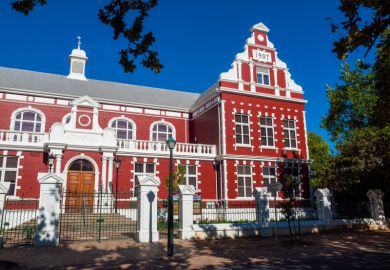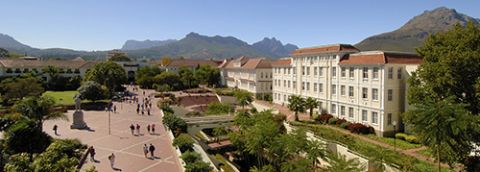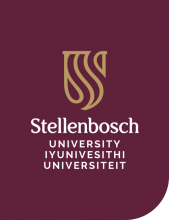The heads of one of South Africa’s leading universities have called for English to become the institution’s “primary language”, after claims that the use of Afrikaans excluded black students.
The management team of Stellenbosch University issued a statement saying that all communication and tuition should be “at least in English”, in response to allegations of racism and marginalisation made in the documentary Luister.
However, it has since emerged that the rector, Wim de Villiers, will need to win the backing of Stellenbosch’s council to reduce the importance of Afrikaans.
Reports in South African media suggest that the council may reject the proposal when it meets later this month, with members preferring to put the languages on an equal footing.
Stellenbosch’s initial target was to make 75 per cent of courses available in English, but management have accepted that they need to move faster after a long period of student protests.
The management statement said that, since English was South Africa’s common language, “all learning at Stellenbosch University will be facilitated in English, and substantial academic support will be provided in other South African languages, according to students’ needs”.
“The primary language of communication and administration at Stellenbosch University will be English, with Afrikaans and isiXhosa as additional languages,” the statement said. “The additional languages may not be used to exclude anyone from full participation at the university.
“This implies that all communication at Stellenbosch University will be in at least English.”
A subsequent university statement said that, while students should be able to study in English if they wished, claims of the “fall of Afrikaans” were an “over-simplification”.
“Afrikaans will not be diluted as a result of the expansion of the English offering,” the second statement said.
South Africa’s higher education system has been rocked by protests in recent months that forced planned tuition fee rises to be put on hold and reflected dissatisfaction with the slow pace of post-apartheid transformation at some traditionally white-dominated institutions.
Register to continue
Why register?
- Registration is free and only takes a moment
- Once registered, you can read 3 articles a month
- Sign up for our newsletter
Subscribe
Or subscribe for unlimited access to:
- Unlimited access to news, views, insights & reviews
- Digital editions
- Digital access to THE’s university and college rankings analysis
Already registered or a current subscriber?







